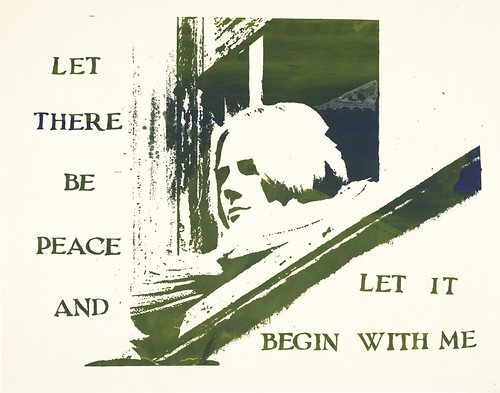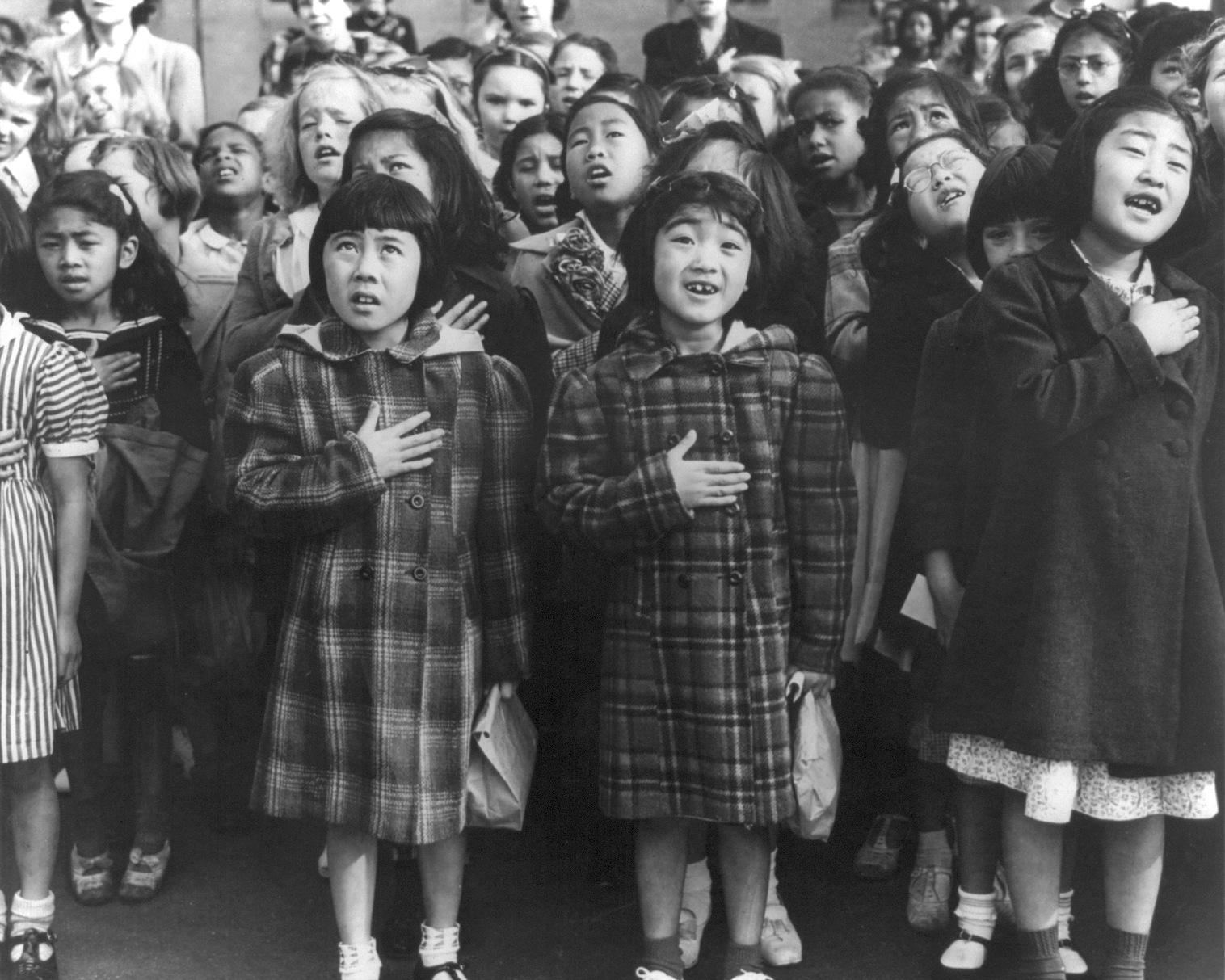“We freely offer up our appetites, wealth, and
pride to relieve the suffering of the world, for the sake of our neighbors and
God’s joy.”
- In confrontation and conflict I will seek justice and reconciliation rather than victory, and I will make any necessary sacrifice of my own person, pride or property to achieve reconciliation and justice.
[The
following version of this story of is entitled “Consumed by Forgiveness” in the
August 2011 edition of the Virginia Mennonite Conference and Missions joint newsletter,
Connections.
Quotations in this story come from
articles in the Pueblo
Chieftain and Valley
Courier of CO and Mennonite
Weekly Review]
 |
| Chieftain Photo/Matt Hildner |
Cindy and Herm Weaver and children Hope and Dillon lost their daughter and sister in October 2010 when she was hit and instantly killed by a pickup truck while out on her bicycle. Chloe Weaver was with Mennonite Voluntary Service in Alamosa, Colorado when she was struck from behind by young driver, Kyle Stotsky. Yet, in this wrenching tragedy an inspiring story of Christ’s transformative love has beamed through the responses of the Weaver family. The Weavers stressed their hope for restoration and reconciliation with Kyle rather than incarceration and retribution. Herm, the conference minister with Mountain States Conference of Mennonite Church USA, made it clear that Chloe would have had no desire to have two lives ended and would rather have Kyle continue Chloe’s legacy.



